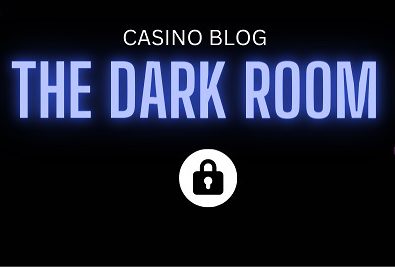 Introduction
Introduction
Doyle Brunson is one of the most respected and influential figures in poker history. Often called “The Godfather of Poker,” Brunson helped shape the modern game through his success at the tables, his longevity, and his contributions to poker education.
Unlike many gambling legends whose stories end in tragedy, Brunson’s career stands out for its consistency, professionalism, and positive influence on generations of players.
Early Life and Unlikely Beginnings
Doyle Brunson was born on August 10, 1933, in Longworth, Texas. As a young man, he was a talented athlete with dreams of playing professional basketball. Those dreams ended after a severe leg injury.
That injury changed his life. While recovering, Brunson turned his competitive energy toward poker.
Entering the World of High-Stakes Poker
In the 1950s and 1960s, poker was far from the mainstream game it is today. Brunson traveled across Texas and the American South, playing in illegal card rooms and underground games.
Early Challenges
-
Games were often dangerous
-
Cheating was common
-
Winnings could be stolen
-
Violence was a real risk
Surviving this era required toughness, intelligence, and discipline—qualities Brunson had in abundance.
World Series of Poker Dominance
Brunson became a household name through the World Series of Poker (WSOP).
Major Achievements
-
Two-time WSOP Main Event winner (1976, 1977)
-
10 WSOP bracelets
-
Consistent deep tournament runs over decades
His longevity alone is unmatched. Brunson remained competitive well into his 70s.
“Texas Dolly” and His Playing Style
Brunson earned the nickname “Texas Dolly” due to his southern roots and friendly demeanor.
Playing Style Highlights
-
Aggressive but controlled
-
Strong understanding of hand ranges
-
Excellent reading of opponents
-
Patience in long sessions
Brunson’s style balanced risk and discipline, making him effective in both cash games and tournaments.
Super/System: Changing Poker Forever
In 1979, Brunson published Super/System, one of the most influential poker books ever written.
Why Super/System Mattered
-
Revealed professional strategies
-
Helped popularize poker worldwide
-
Elevated poker from gambling to skill-based competition
Many pros credit Super/System with launching their careers.
Surviving Against the Odds
Brunson’s life wasn’t without hardship.
Health Challenges
-
Cancer diagnoses
-
Serious injuries
-
Repeated brushes with death
Yet he continued playing and winning, defying expectations.
Influence on Modern Poker
Doyle Brunson’s influence extends far beyond his winnings.
His Lasting Impact
-
Mentored younger players
-
Promoted ethical play
-
Advocated for poker legalization
-
Represented professionalism in gambling
Modern poker owes much of its legitimacy to Brunson’s example.
Lessons from Doyle Brunson
Brunson’s career offers timeless lessons.
Key Takeaways
-
Longevity matters more than short-term success
-
Discipline beats recklessness
-
Adaptation is essential
-
Knowledge should be shared
His life proves that gambling success doesn’t have to end badly.
Final Years and Passing
Doyle Brunson passed away on May 14, 2023, at the age of 89. Tributes poured in from around the world, honoring his integrity, wisdom, and impact on poker.
Final Thoughts
Doyle Brunson wasn’t just a great gambler—he was a great ambassador for poker. His legacy lives on in the players he inspired, the strategies he shared, and the respect he earned.
In a world of high-risk gambling legends, Brunson stands as a rare example of success done right.


 Introduction
Introduction Introduction
Introduction Introduction
Introduction Introduction
Introduction